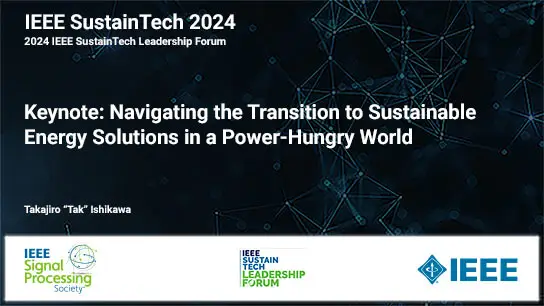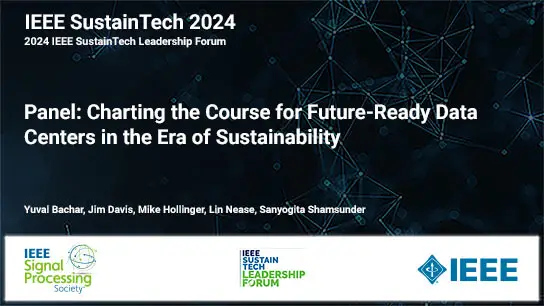T-17: Signal Processing for Mass Testing in Fighting a Pandemic: A Sampling Theory Perspective: Part 4
Weiyu Xu, Ajit Rajwade, Chandra R. Murthy, Jonathan Scarlett
-
Members: FreeSPS
IEEE Members: $11.00
Non-members: $15.00Length: 02:55:55
07 Jun 2021
The COVID-19 pandemic has caused significant damage to human society. Mass testing is vital in fighting against the ongoing or any future pandemic. However, testing capacity is often limited, with shortage of testing facilities and reagents. These tests can also be slow, costly, heterogenous, and even inaccurate. In this tutorial, we view mass testing from a sampling theory perspective, and introduce recent advances in signal processing theories/methods to expand test capacity, reduce test cost, and increase test reliability. These include novel compressed sensing methods for virus testing using quantitative Polymerase Chain Reaction (qPCR) machines for increasing test throughput and reducing test cost, possibly further aided by use of family-based or contact-trace based side information; novel error correction signal processing methods to improve test reliability; and optimal allocations of testing (sampling) resources in different communities to best contain disease spread through exploration-exploitation tradeoff in testing. We will provide system modeling, algorithm designs, and performance analysis for these methods, and develop the underlying mathematical theories. We will demonstrate the impacts of these methods on real clinical applications, before introducing open research questions inspired by clinical constraints/applications, and future research directions. The audience will be exposed to state-of-the-art analytical and software tools for matrix design, decoding algorithms and analysis of group testing/compressed sensing, and sequential decisions in mass testing. This tutorial will not only demonstrate the power of signal processing methods in fighting the pandemic, but also develop novel signal processing theories and methods and introduce intellectually-inspiring fundamental research questions.



